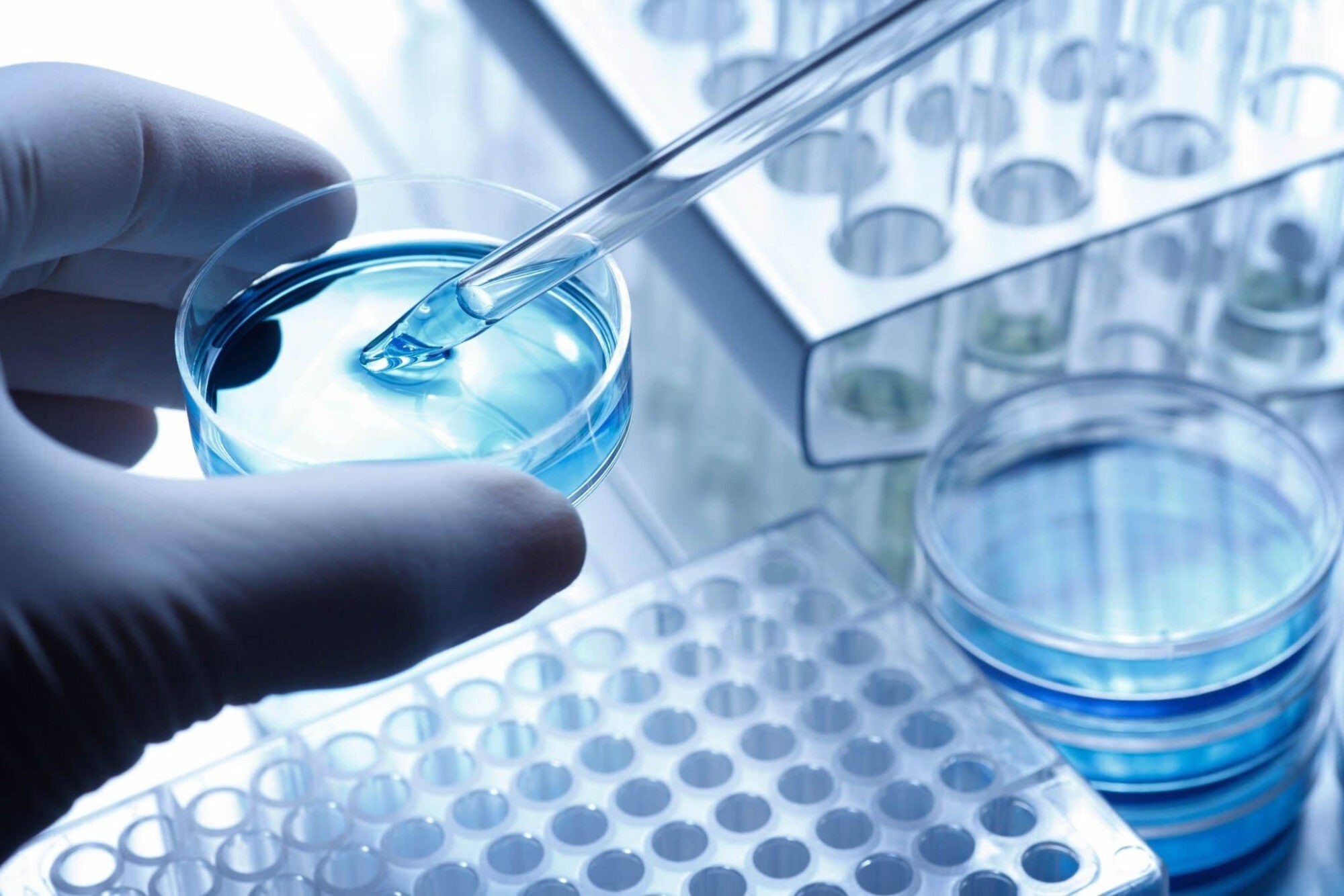
Animation – Proteoform analysis on the Nautilus Proteome Analysis Platform
Nautilus Biotechnology
June 10, 2024
While it’s commonly stated that there are about 20,000 proteins encoded in the human genome, these 20,000 proteins can be modified in many ways to produce potentially millions of proteoforms with modified functions, localizations, half-lives, and more. Each proteoform is defined by the full set of modifications it has, whether those modifications come from alternative splicing, post-translational modification, or any other source. Thus identifying proteoforms requires single-molecule analysis of full-length proteins. Knowing the proteoform makeup of a cell, tissue, or organism may reveal the molecular underpinnings of its biology and enable scientists to develop more effective biomarkers and drugs. In this animation, we show how the NautilusTM Proteome Analysis Platform is uniquely designed to enable single-molecule analysis of intact proteoforms for in-depth studies of proteoform biology that are not possible on other platforms.
Watch the animation above for a visual deep dive into proteoform studies on the Nautilus Platform.
MORE ARTICLES
